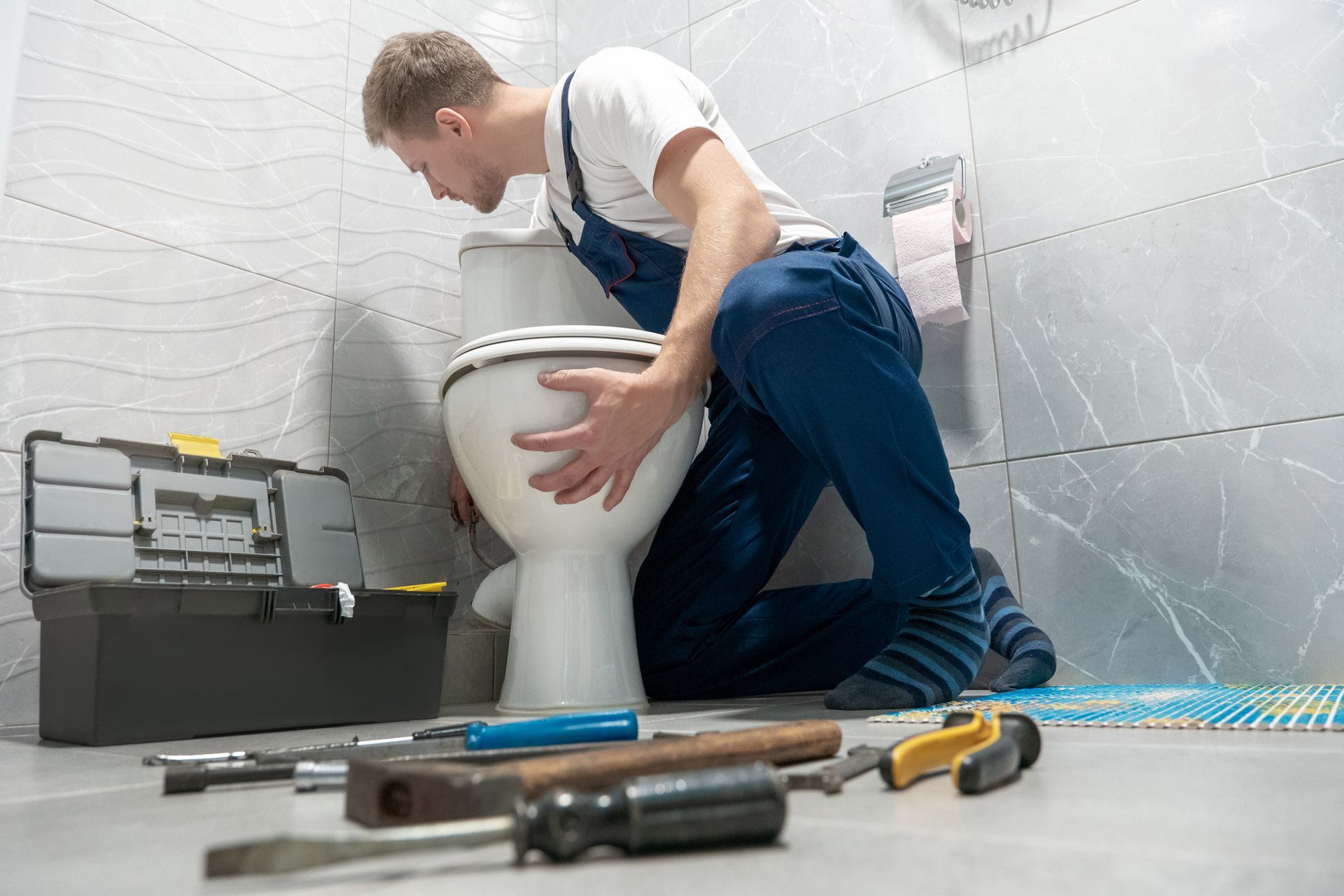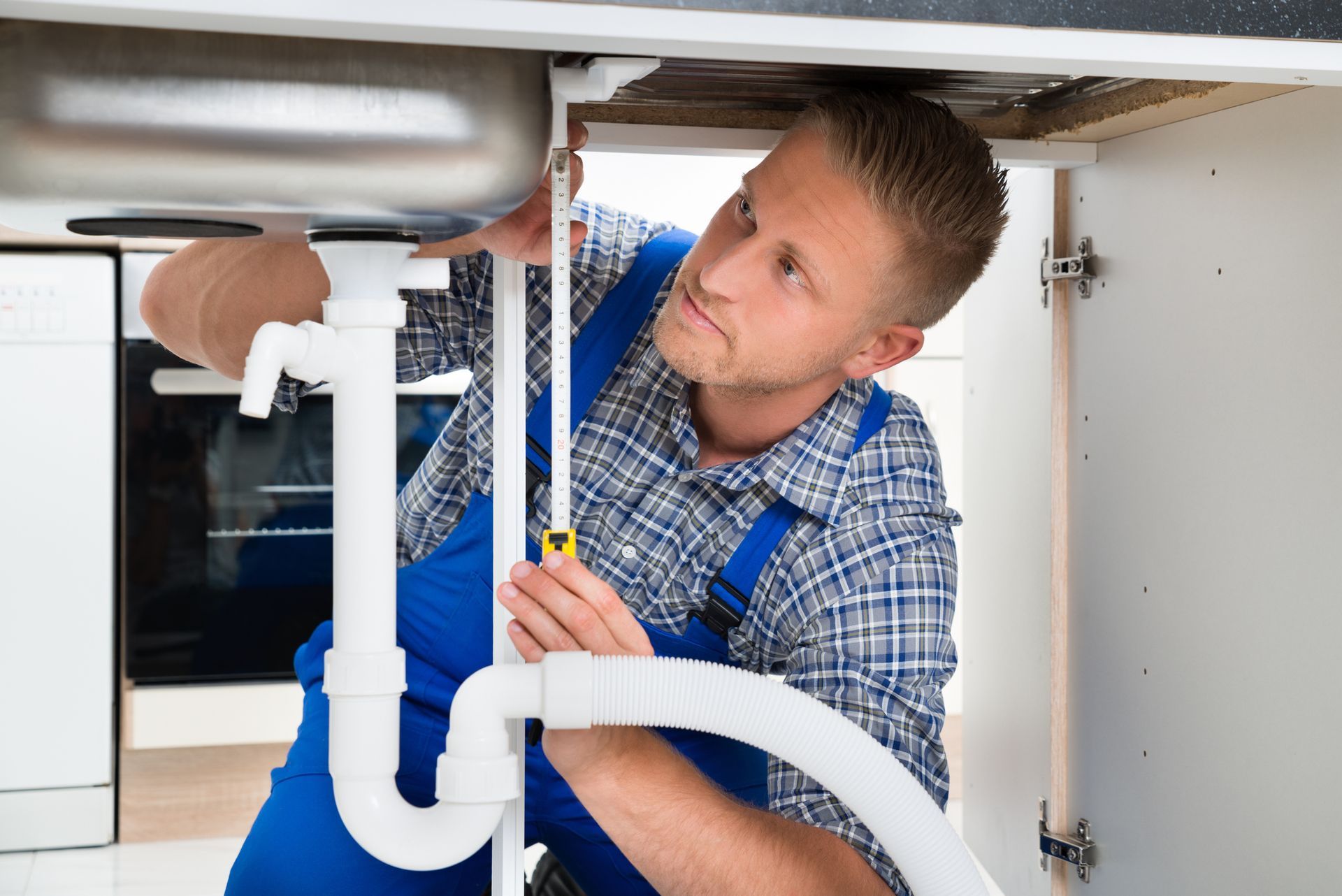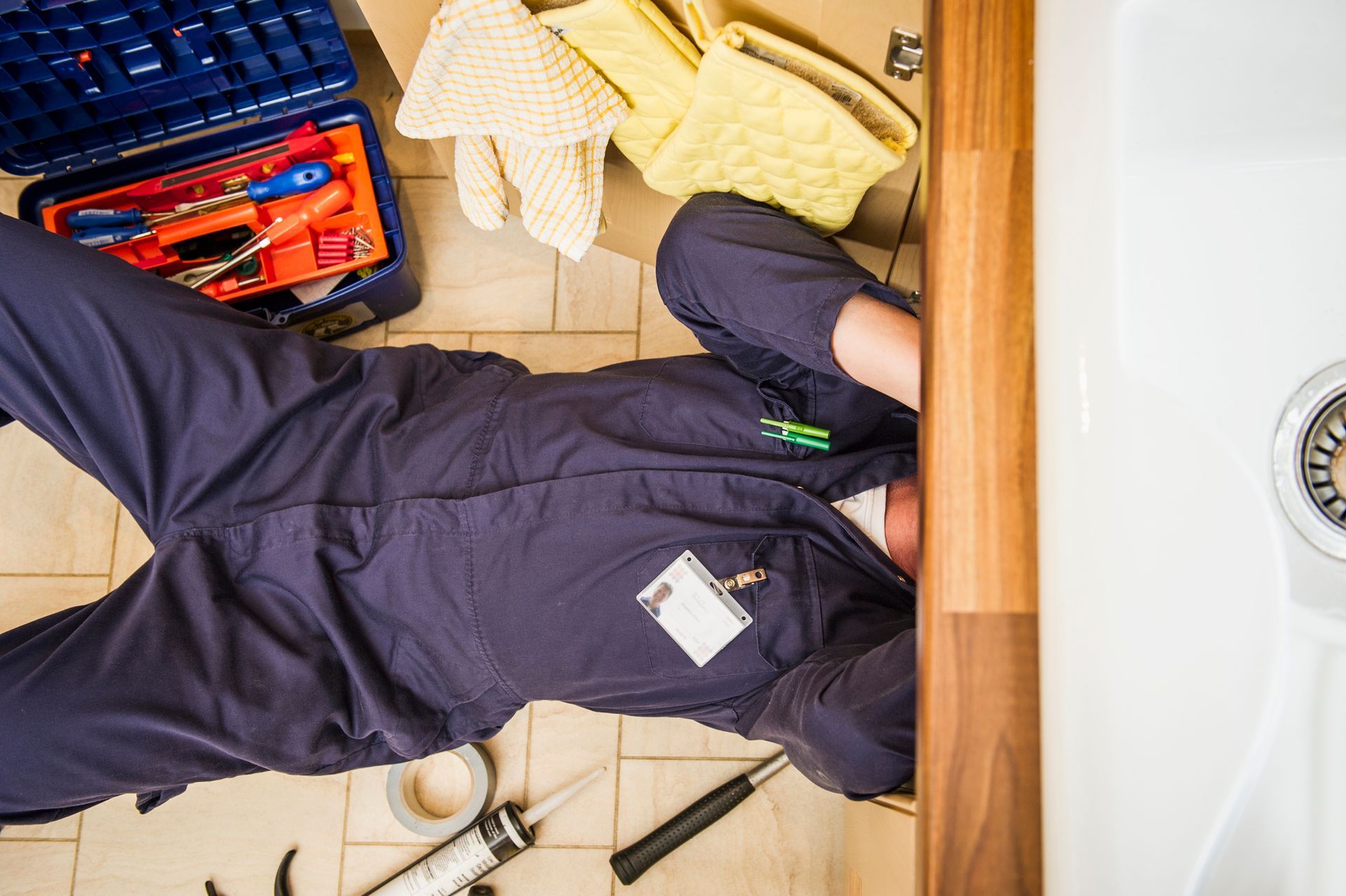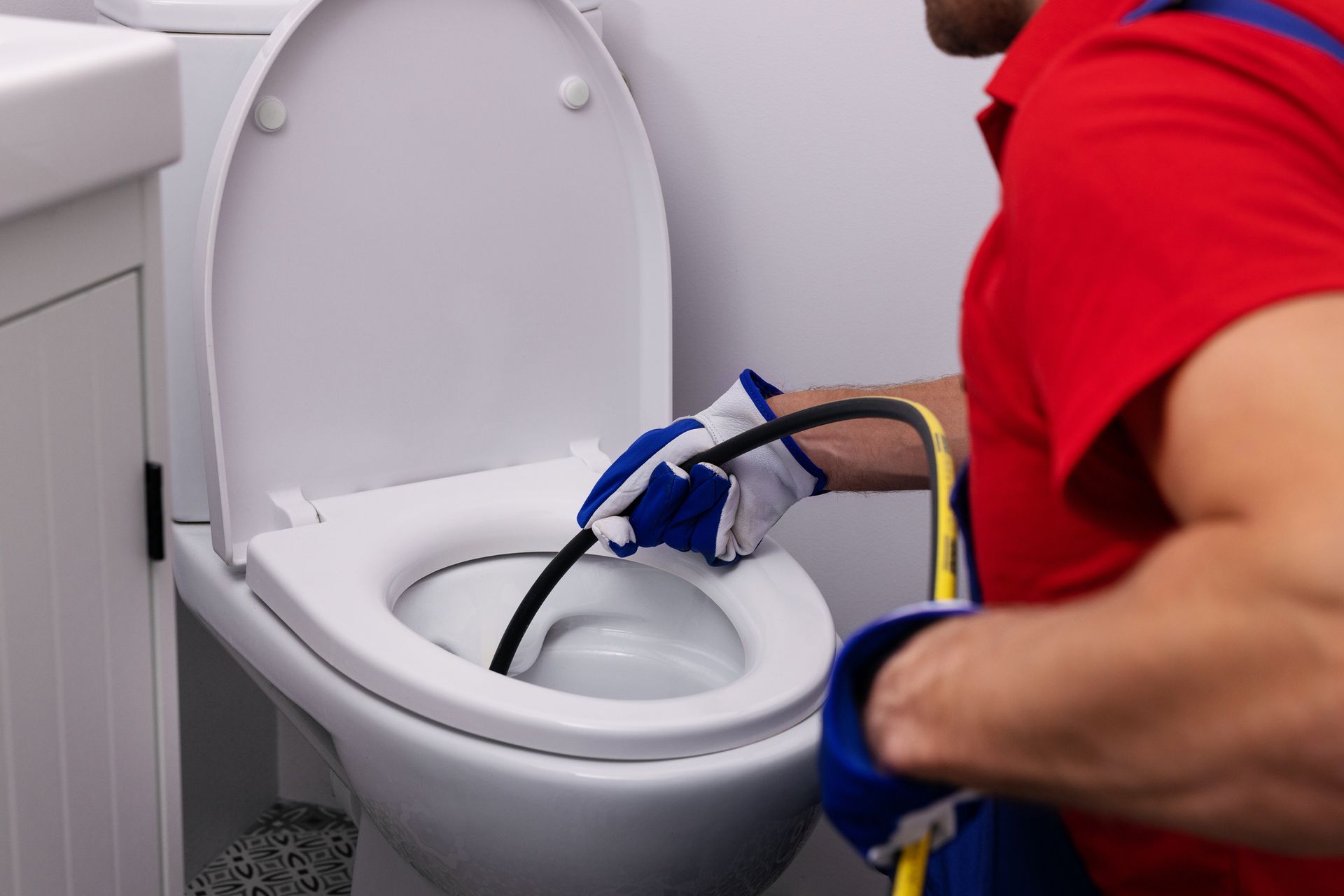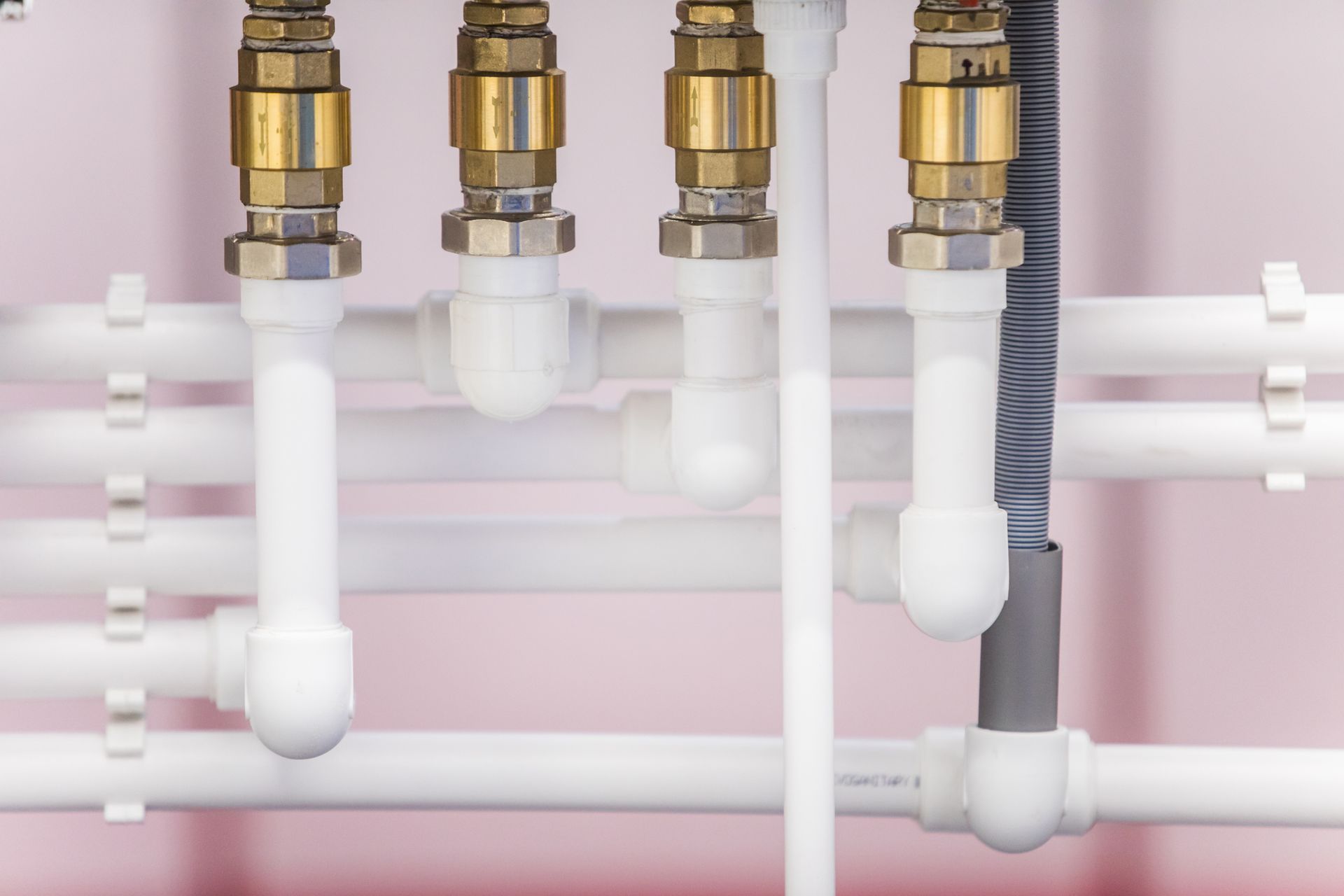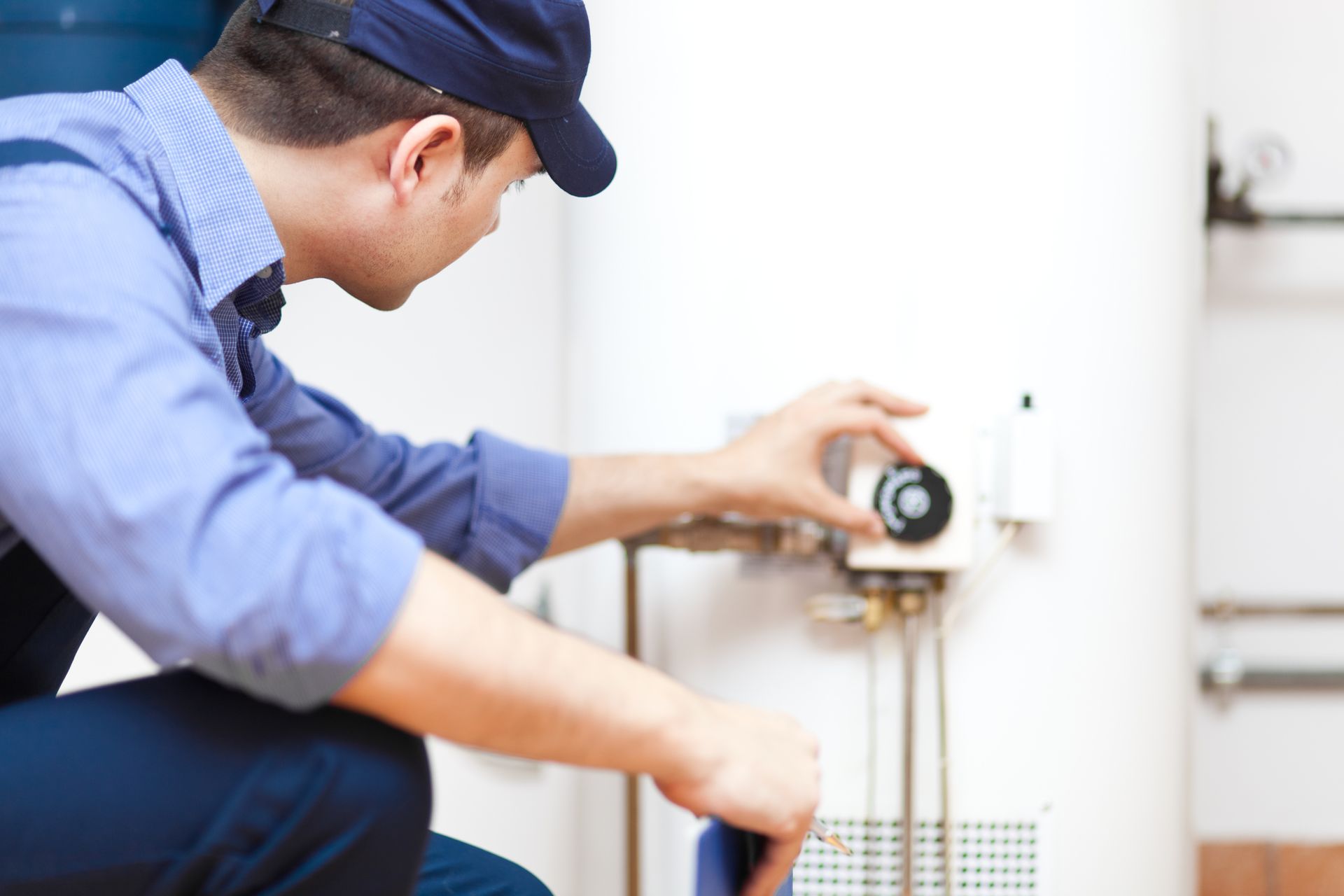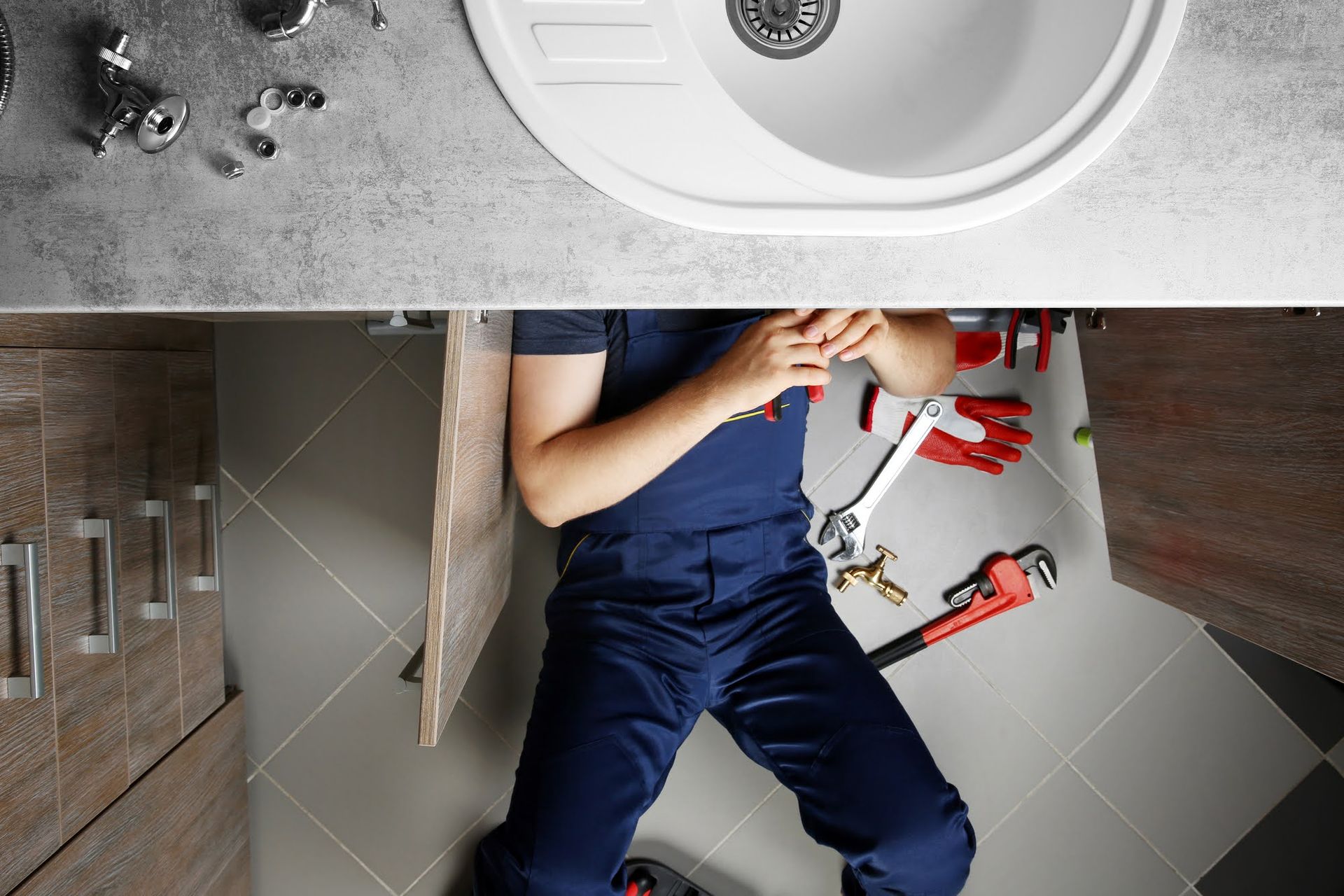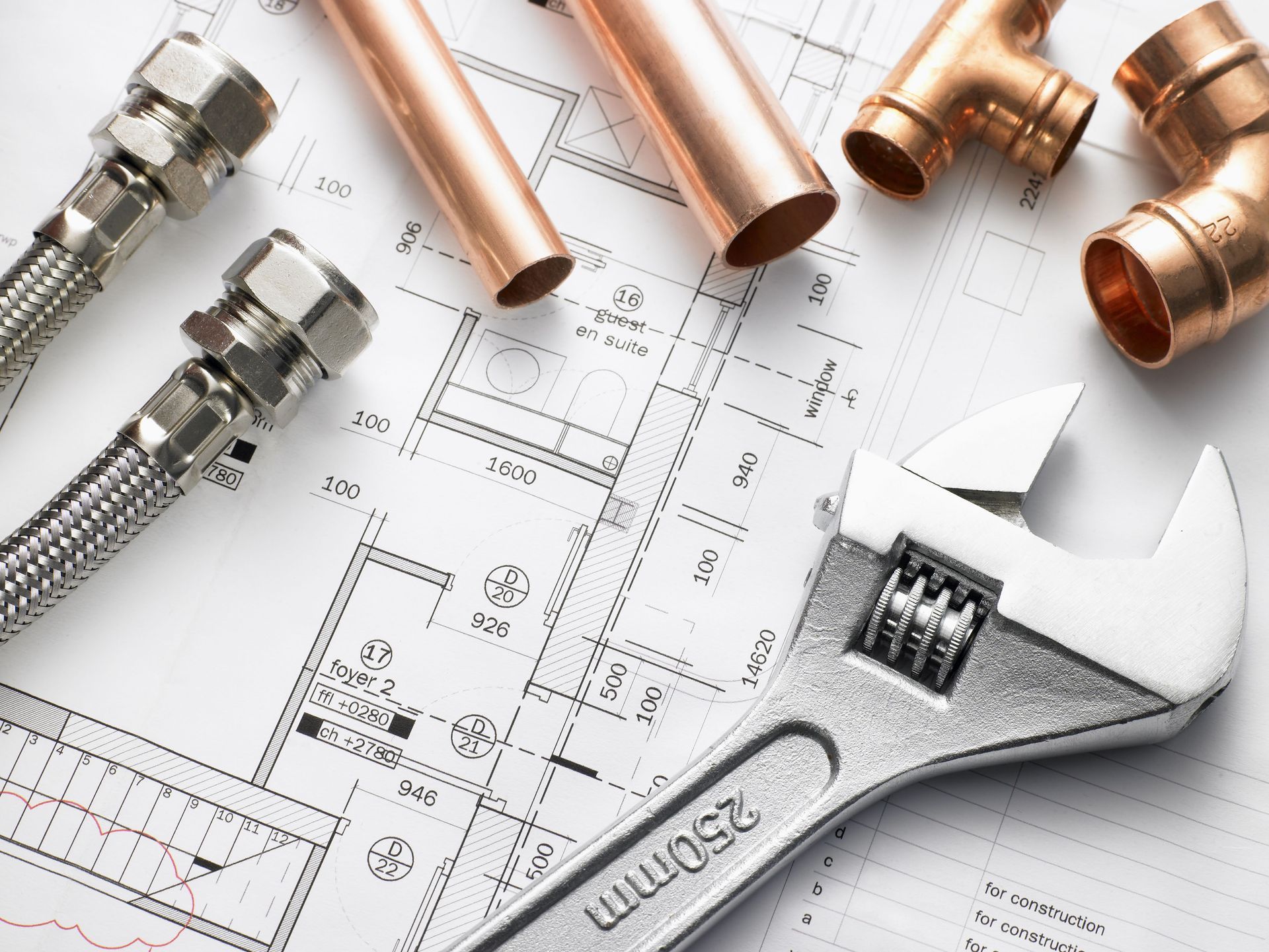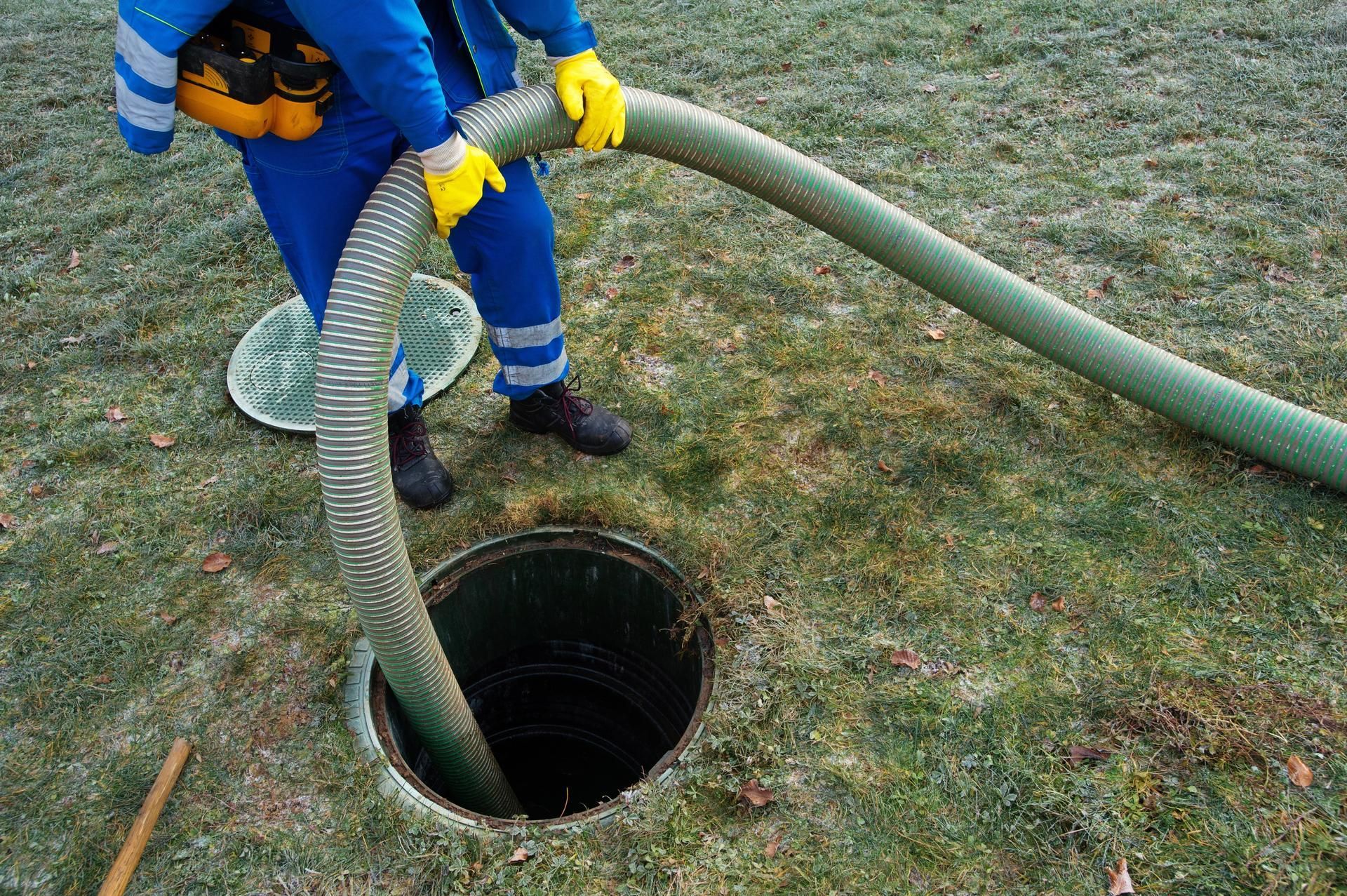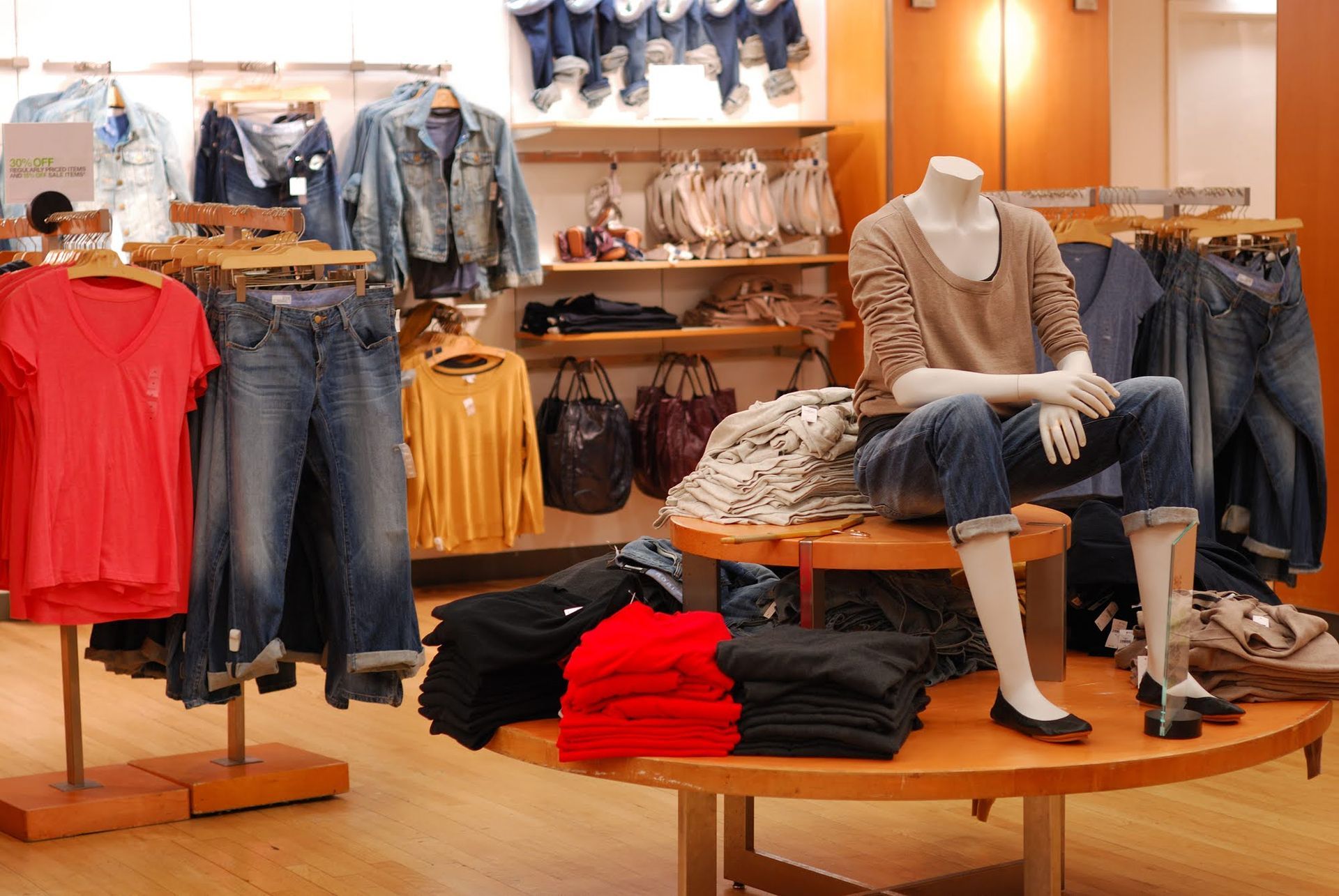5 Common Causes of Blockages in Plumbing Systems
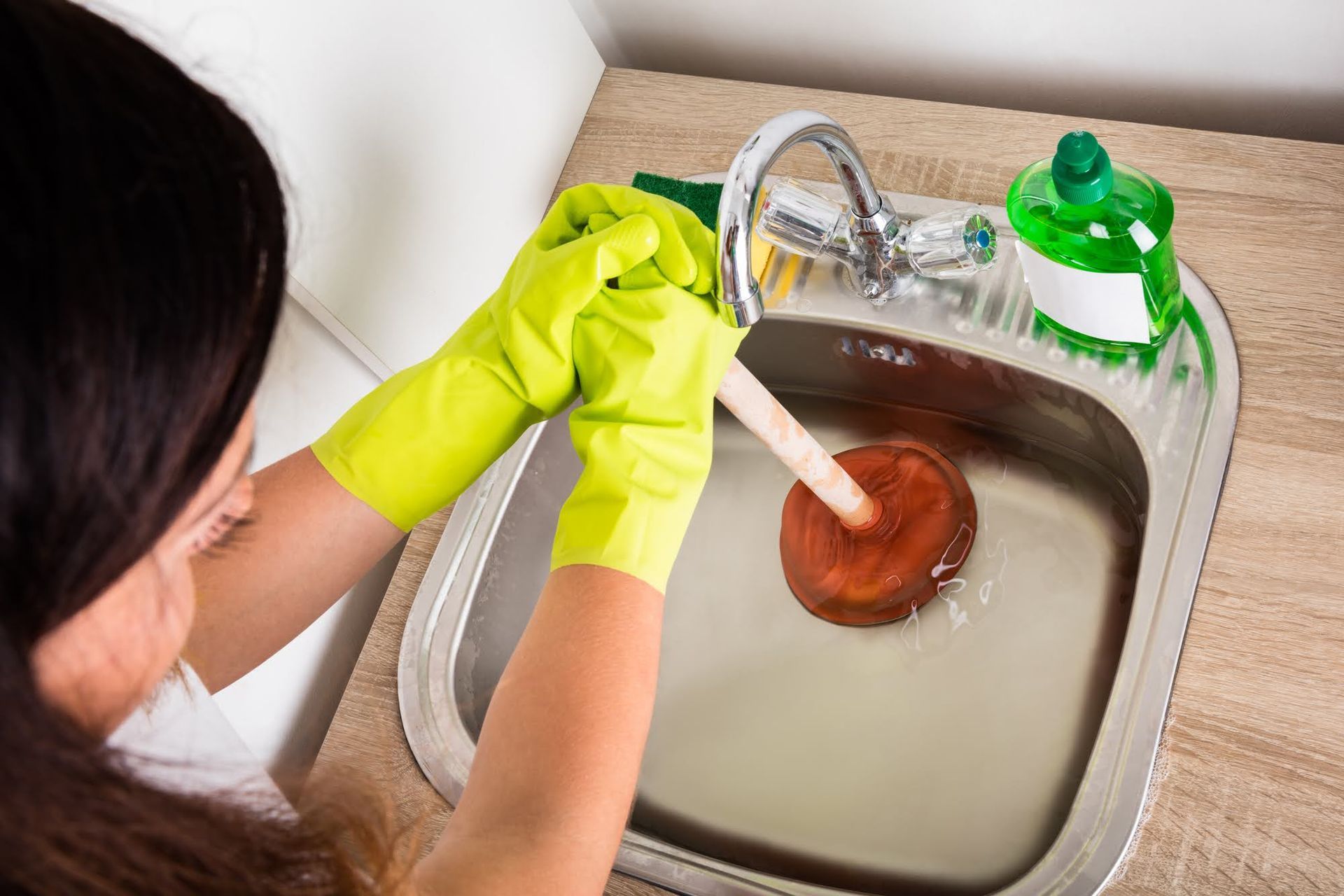
Blockages in plumbing systems cause a lot of trouble, like less water flow and expensive repairs. Whether you are dealing with a clogged sink, a sluggish shower drain, or a toilet that won't flush, a blocked plumbing system can cause major disruptions in your daily routine.
Therefore, understanding the common causes of blockages in plumbing systems can help prevent them from occurring and keep your plumbing running smoothly.
Discover the common causes of blockages in plumbing systems below.
1. Foreign Objects
One common cause of blockages in plumbing systems is the presence of foreign objects, such as toys, jewelry, and small household items that get flushed down the toilet or washed down the sink. These objects can get stuck in pipes, creating a blockage that prevents water from flowing freely.
You should avoid flushing or washing away large or foreign objects, and prevent children from flushing toys or other inappropriate items down the toilet.
2. Grease and Oil
Grease and oil can also cause blockages in plumbing systems. When grease and oil pour down drains or toilets, they can harden and create a clog. This blockage is particularly common in kitchen sinks, where grease and oil are often washed down the drain after cooking.
Homeowners should properly dispose of grease and oil to prevent this blockage. One option is to pour grease or oil into a disposable container, such as a coffee can or empty milk jug, and dispose of it in the trash once it solidifies. They can also scrape solidified grease and oil from pots, pans, and dishes into a separate container before washing them, and then dispose of the container in the trash.
3. Hair
Hair is another common cause of blockages in plumbing systems. Hair can get stuck in pipes, especially in showers and bathroom sinks, causing a blockage in the plumbing system. To prevent this type of blockage, it is a good idea to invest in a quality drain strainer to catch hair and other debris before they enter the pipes. You can also use hair traps or drain protectors to keep hair from clogging drains.
4. Scale and Mineral Deposits
Over time, scale and mineral deposits can build up in pipes and create a blockage. This blockage is particularly common in areas with hard water, as the high levels of minerals in the water can leave behind deposits as the water flows through pipes.
You can prevent the blockage by regularly cleaning and maintaining your plumbing system. One option is using a descaler or a pipe cleaner to remove scale and mineral deposits from pipes. You can also use a water softener to reduce the levels of minerals in your water, preventing scale and mineral deposits from building up in your pipes.
5. Tree Roots
In some cases, blockages in plumbing systems can be caused by overgrown tree roots that damage the pipes. This blockage is common in older homes with older clay pipes that are more prone to cracking and breaking. You can prevent the blockage by regularly inspecting your house's surroundings for tree roots growing near or into your pipes.
If tree roots are growing near your pipes, you may need to have them removed by a professional to prevent them from causing further damage. You can also avoid this problem by replacing old clay pipes with modern PVC or copper pipes, which are more durable and less likely to crack or break.
If you want to avoid costly blockages in your plumbing system, trust the professionals at Michigan Plumbing. Whether you are dealing with a clogged sink, a sluggish shower drain, or a toilet that won't flush, we have the tools and expertise to quickly and effectively resolve the issue. Contact us for top-quality service and protection from inconvenient and costly blockages.

